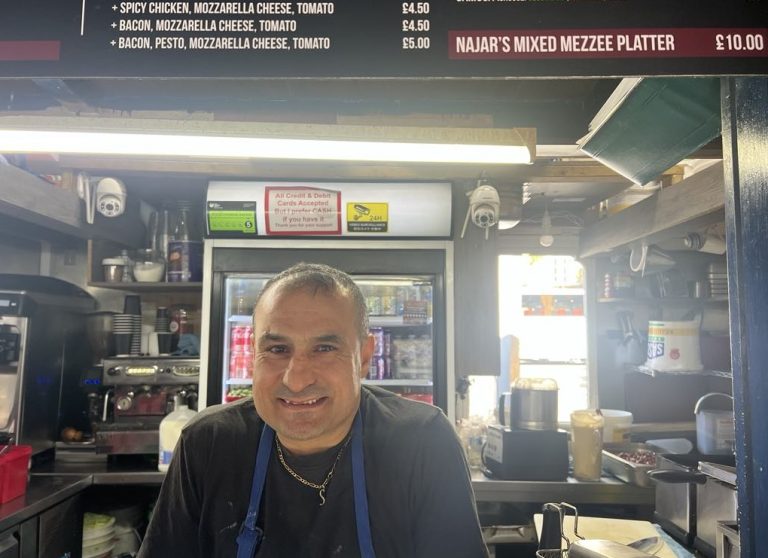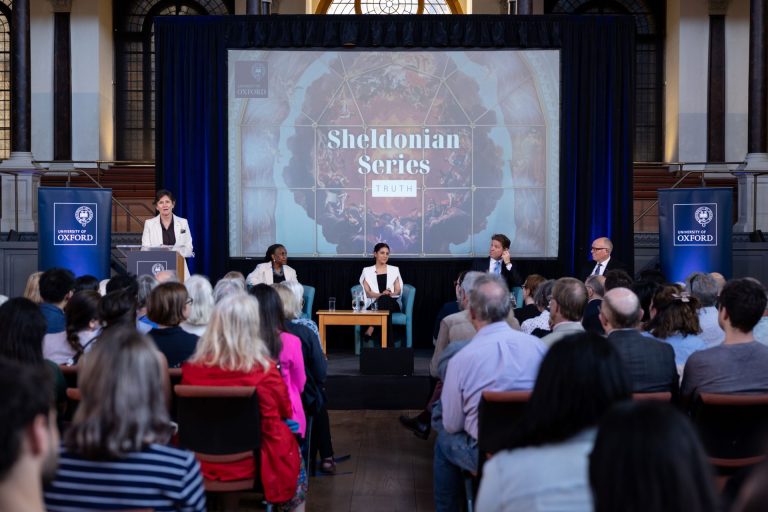Boot camp has emerged as an excellent training avenue for people seeking fitness, discipline, and de-addiction. It is also necessary training for military personnel, giving them strength and resilience for adverse times.
However, boot camp injuries are unfortunately common. Although trainers use updated safety protocols to limit accidents, they are sometimes inevitable. Military personnel often undergo rigorous exercises that need them to stretch their bodily limits. It can make them more prone to getting hurt.
Do All Military Personnel Go Through Boot Camp Training?
The training is mandatory for all five US military branches. These include the Army, the Marines, and the Navy. Personnel in the Air Force and Coast Guard also complete this training.
Typically, it takes 8-12 weeks. However, this timing can vary by branch. Your timeline may also change if you face any injury, like a fracture, that keeps you away for an extended period.
Many boot camp injuries emanate from stress and muscle overuse. The New Yorker reports that the US military faces a recruiting crisis since many youngsters are unprepared for intensive training.
Occasionally, you may get hurt because of equipment failure or an adverse weather event.
Let’s understand how you can manage boot camp injuries as military personnel without letting them become debilitating.
Focus on a Combination of Exercises
You may find boot camp a lot more challenging if you are not used to physical exercise. That said, jumping straight to strenuous workouts without adequate warmup is not the best plan for the body. Light jumping and other aerobic exercises are good to prepare your body for training.
A balanced combination of necessary exercises helps you work various muscle groups, getting a more thorough workout. Working on flexibility and mobility is very important as areas like hamstrings and calves are at higher risk of injury.
Another vital consideration is mastering the correct running technique. An upright posture and natural strides can limit sprains and cramps during running, which you will do a lot.
Get Your Medication Assessed
Since boot camp injuries are often inevitable, you must stay alert about anything else that may weaken your body. Some medicines you take may be affecting your stamina and endurance. For example, a painkiller for a headache may bring you down with drowsiness. Not being attentive during training can raise your risk of injuries.
Further, some trainees attend boot camps to deal with addiction issues. For instance, you may be on a medication plan like Suboxone, which is an established treatment for opioid addiction. However, American Addiction Centers state that it can cause dizziness and impact concentration. The Suboxone lawsuit shows that the drug also has other side effects like substantial tooth decay.
While in boot camp, you should ask your doctor to reassess any medication that can affect your performance. TorHoerman Law notes that some drug manufacturers may fail to disclose possible side effects to consumers, breaching the duty of care. Military personnel must educate themselves on these risks and remain cautious.
Examine Your Diet and Lifestyle Habits
Many boot camp supervisors report an increase in musculoskeletal injuries among trainees. It could emanate from sedentary lifestyles and a lack of outdoor activity. It makes your body less resilient and more prone to injuries when lifting weights.
Often, trainees don’t realize how risky it can be not to wear sunscreen in hot climates. Skin damage may seem trivial in the larger scheme of things. But it can become a serious concern over time – UV exposure is no joke.
Diet can also help you keep safe at boot camp. Does your body lack vitamins and anti-inflammatory agents? It can delay the natural healing of your injuries. Similarly, inadequate hydration also affects your body’s capability to heal and recover, particularly during long, sweaty days of training. Yet another culprit is excessive sugar consumption.
Consider speaking to a doctor and supplementing your diet with additional vitamins. A nourishing diet can help heal wounds faster, making this extra effort worthwhile. Vitamins D and C are particularly helpful. They are present generously in foods like fatty fish and oranges.
Protein is also essential since it helps strengthen your muscles. The USARIEM has been researching if warfighters need nutritional enhancements to meet their energy needs. Since they may consume up to 6,000 calories daily, not eating enough will put their bodies in an energy deficit. Energy bars enhanced with protein and essential amino acids can help meet nutritional requirements.
Avail of Professional Medical Attention
If your injury is severe, you should ask for a professional evaluation. Most boot camps have medical assistance on site. An expert can examine you and recommend medication if necessary. They might add a note to your file recommending a watch for future sessions.
For example, you may have a weak ankle. It makes you susceptible to injuries during exercises that involve strenuous foot movements. You may need to be extra cautious not to hurt your ankle. Or you may need surgery to avoid problems during service.
Many recruits are apprehensive about seeking help because they feel it will extend their training time and delay graduation. However, delaying treatment can make your injury more severe and cause serious health repercussions. Endurance is brave, but not doing what is necessary may only be foolish.
What happens if you get so severely hurt that you become unfit for service? In this unfortunate case, you will get discharged. Do note that such extreme situations are rare, as military training has evolved with time. Many trainees benefit from watching demonstrations closely and knowing their limits.
We will not deny that boot camp can be grueling. However, it remains a brilliant way to train military personnel to deal with any challenges that come their way. Learning to cope with injuries will give you strength to emerge at the other end undaunted, if not unscathed.











